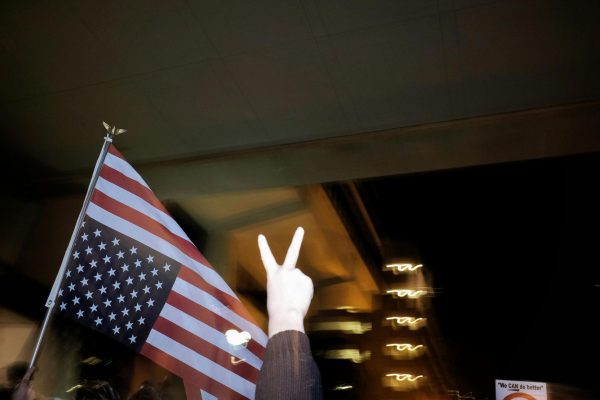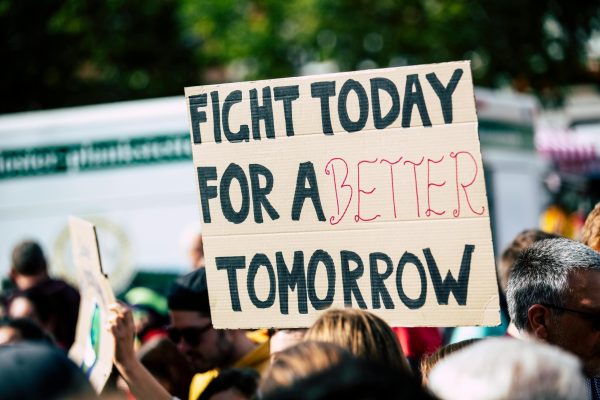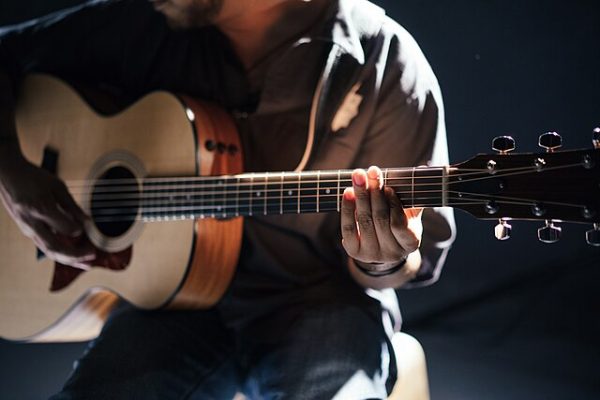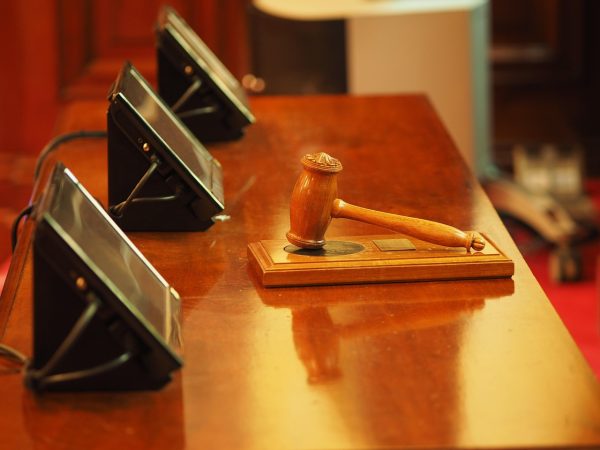Celebrating Ramadan During a Pandemic
One important focus of Ramadan is ensuring that all five daily prayers have been performed. Some people choose to pray at the local mosque and others do them at home with their families. Taraweeh (ta-ra-wee), which means “to rest or relax” in Arabic, is a special prayer performed every night during Ramadan after the five main prayers. Photo courtesy of Rumman Amin on Unsplash.
With COVID-19 heavily curbing our normal routines, many of us have had to put a hold on celebrations throughout the year. Holiday traditions have either been canceled or adapted to meet the appropriate guidelines. For Muslims, it may be more difficult to honor one in particular.
Ramadan is a month-long Islamic holiday observed by thousands of people worldwide. It is mostly associated with fasting, or not eating or drinking from sunrise to sunset, but there are other important aspects as well. Prayers, self-reflection, and community are all things that Ramadan encourages Muslims to practice and engage in. This year, Ramadan will begin on April 13th and end on May 12th. This is determined by phases of the moon as Ramadan is officially signaled to start on the first night of a crescent moon of that Islamic month.
A normal day during Ramadan would usually mean waking up early in the morning and having sehri (seh-ree) or suhoor (soo-hoor), which is the meal that prepares one for fasting. Normal daily activities would resume until it’s sundown. When it is time to break the fast, Muslims have iftaar, which is the meal that breaks the fast for the day.
Last year was the first Ramadan celebrated during quarantine, and it looks like it’ll happen again in a couple of weeks. The events of the last several months have steadily impacted the practices of Ramadan, but there are still many ways it can be celebrated and honored. For instance, we can still give back to the community by donating food, clothes, and money to those in need. Sending food and gifts to loved ones is a practice many Muslims already followed before the pandemic. The Islamic Society of Orange County (ISOC) is an Islamic community center located in Garden Grove, California. Muslims frequently visit to pray, donate clothing, request intercessions, and participate in different programs and classes. Donations can be also be made through ISOC’s official website. Celebrating Ramadan during quarantine also makes the fasting term feel quicker and easier instead of integrating the tradition into our normal schedules.
Non-Muslims are also encouraged to practice caring for their community and reflecting on who they are as a person. We should always remember to value and be grateful for our family and friends, and staying home gives us a chance to exercise those kinds of habits. Most importantly, Ramadan is a time to better ourselves and strengthen our spiritual connection with God, and we certainly won’t let the pandemic interfere with that.







Jessica Guzman • Apr 9, 2021 at 11:28 pm
Thank you for sharing out about this Islamic tradition. You gave me great insight and I have learned more about Ramadan.
Amy Dam • Apr 9, 2021 at 8:36 pm
I enjoyed learning about Ramadan, as there were things I had not known about the celebration before, like how it lasted a month. I like how you included different ways Ramadan can still be celebrated and honored, even during the pandemic, which is great!